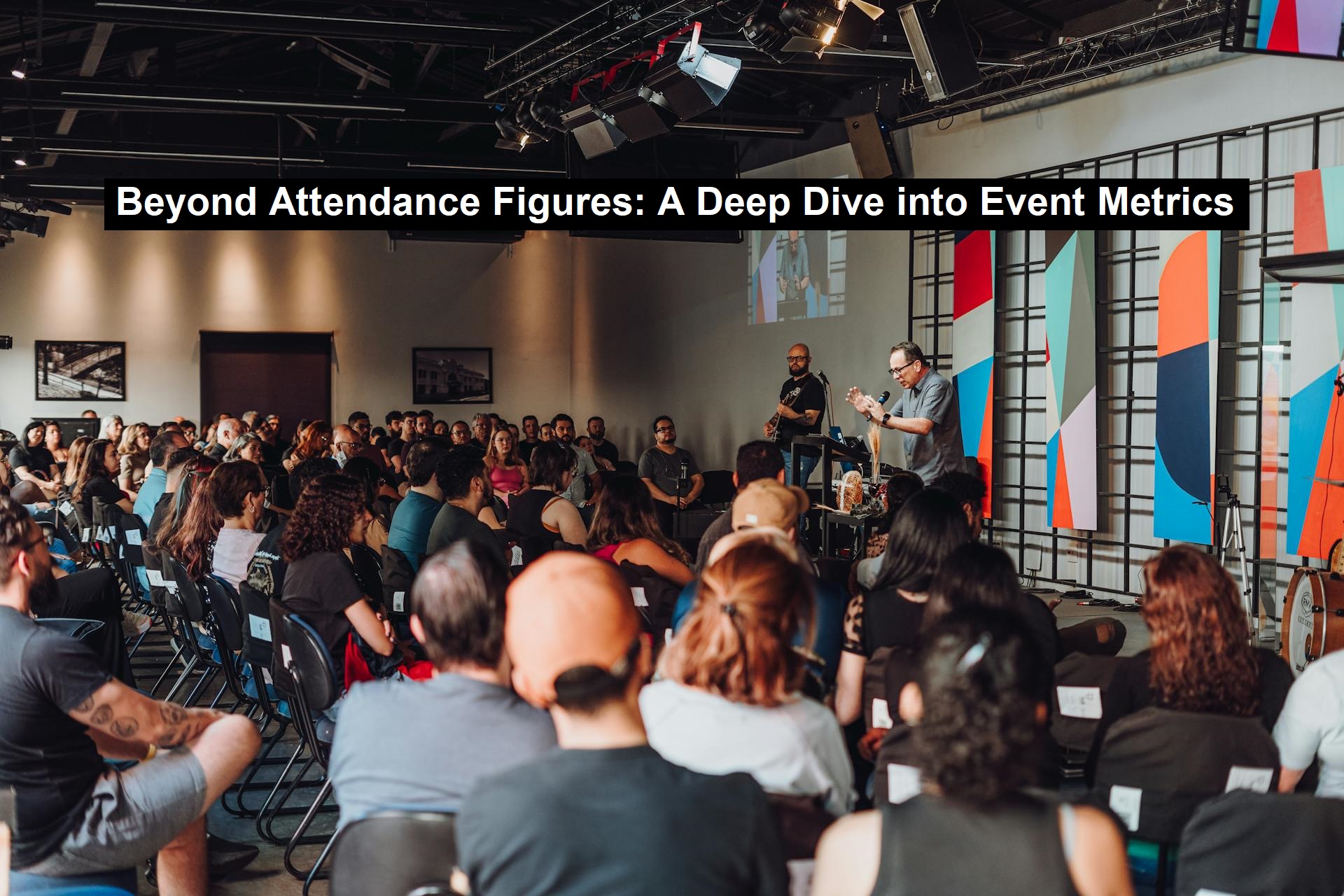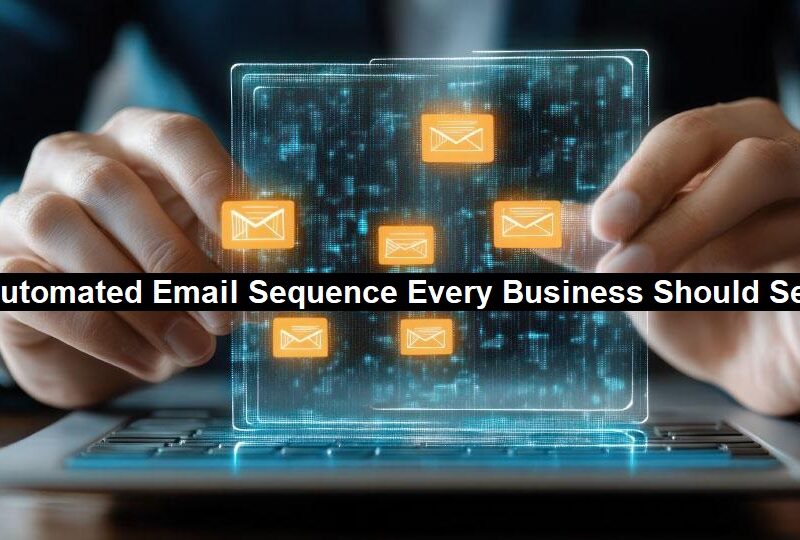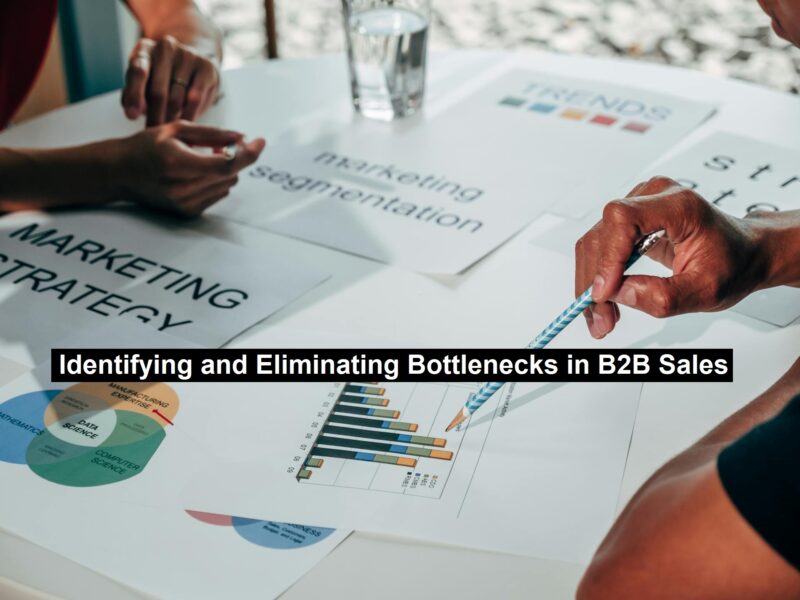To truly understand the value of corporate events like conferences and trade shows, it’s essential to look beyond simple attendance numbers. In today’s fast-moving market, a thorough analysis of various metrics is necessary to assess how well an event has met its objectives. This article explores crucial metrics, including engagement, financial performance, and long-term impact, to help you measure and enhance your event’s return on investment (ROI).
From the beginning of the event planning process, tracking certain metrics can provide early indicators of success. Evaluating pre-event marketing metrics—such as social media impressions, email open rates, and click-through rates—can give insight into the level of interest generated. Analyzing registration data, including attendee numbers and demographics, allows for better event customization to meet audience expectations.
During the event, focus on real-time engagement metrics. Track how attendees interact with sessions, participate in Q&As, and engage with gamification and social media. Monitoring content consumption, such as downloads and views of live or recorded sessions, provides immediate feedback on the event’s impact and relevance.
Post-event analysis is critical for understanding the true ROI. Collect feedback through surveys and calculate the Net Promoter Score® (NPS) to gauge attendee satisfaction and identify areas for improvement. Review post-event engagement metrics—such as on-demand content views and continued social media activity—to measure the event’s lasting influence.
Financial evaluation is also essential. Assess the revenue from ticket sales and sponsorships against the event’s budget and cost per attendee to determine financial success. Effective budget management ensures that resources are used efficiently, maintaining the quality of the attendee experience.
Networking outcomes should not be overlooked. Record metrics such as meetings booked, new connections made, and business cards exchanged. These indicators reflect the effectiveness of your networking efforts and potential for future business relationships.
Read: Ensuring Operational Success: The Role of Machine Uptime and Availability
Events contribute significantly to brand visibility and reputation. Metrics like media coverage, new social media followers, and positive testimonials enhance brand perception and build trust. Long-term benefits should also be considered, including tracking qualified leads, conversion rates, repeat attendance, and improvements in customer lifetime value, to provide a comprehensive view of the event’s success.
Leveraging advanced technology and data analysis tools is crucial for effective event management and assessment. Unified event marketing platforms facilitate data collection and analysis, seamlessly integrating with your marketing and sales systems. Regularly reviewing and presenting this data to stakeholders highlights the value of your events and supports future initiatives.
Event ROI: Measuring Success Beyond Attendance Numbers was contributed by RainFocus, an organization helping businesses streamline their registration processes via their attendee registration software
Discover more about measuring and optimizing event ROI with our detailed resource.



